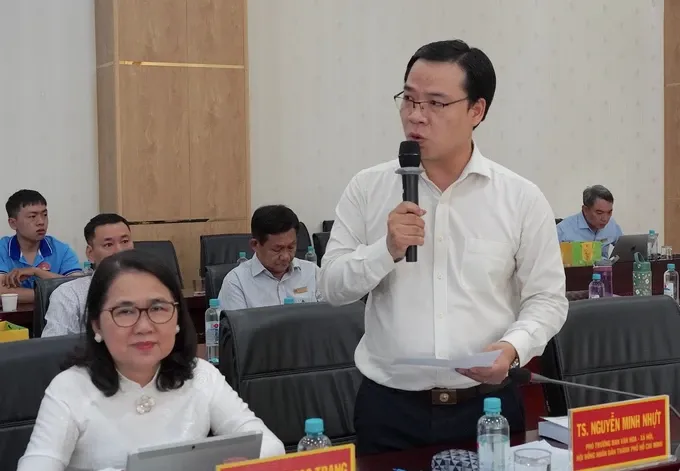So far, Ho Chi Minh City recognized 333 OCOP products so far from 119 producers, with 79 rated four stars and 254 rated three stars. Most of these recognized OCOP products are in the food sector.
The information was provided at a scientific seminar titled "Solutions for Developing OCOP Products in Ho Chi Minh City" held this morning.

Speaking at the seminar, Dr. Nguyen Minh Nhut, Deputy Head of the Culture and Social Affairs Committee of the Ho Chi Minh City People's Council stated that apart from the shortage of raw materials, market consumption and brand recognition are also significant challenges.
Additionally, according to the Ho Chi Minh City Institute for Development Studies (HIDS), up to 60 percent of OCOP production facilities face difficulties in improving workers' skills and expertise. Besides, difficulties in accessing capital and rising input costs make it hard for many producers to maintain and develop OCOP products.
Therefore, Dr. Nguyen Minh Nhut proposed enhancing regional linkages to ensure a stable supply of raw materials, promoting financial support policies and tax incentives, building the OCOP brand and intensifying promotional activities, applying technology and improving product quality, and developing a high-quality workforce.

Assoc. Prof. Dr. Vuong Duc Hoang Quan from the Vietnam National Institute of Occupational Safety and Health (VNNIOSH) also emphasized that OCOP should be viewed as a model for the broader economic development of the country.
























